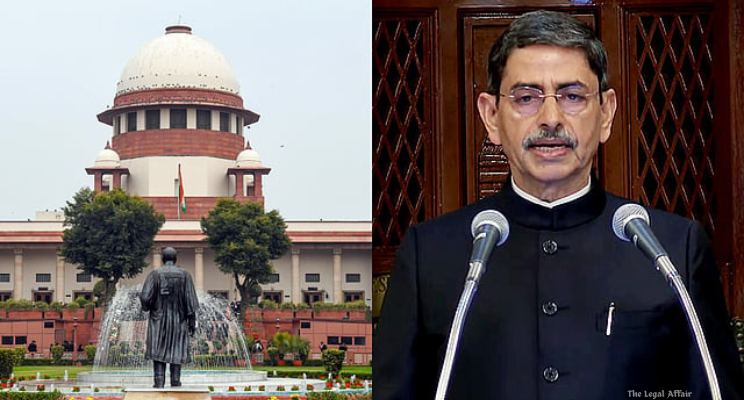In a significant assertion of state legislative authority, the Tamil Nadu government has officially enacted ten laws without obtaining assent from either the Governor or the President. This unprecedented move follows a Supreme Court judgment that clarified the constitutional limitations on a Governor’s power to withhold assent to bills passed by a state legislature.
On April 11, 2025, the Tamil Nadu government’s Law Department published notifications in the state Gazette, formalising the enactment of the ten bills. These bills had previously been passed by the state Assembly and re-adopted in a special session after Governor R.N. Ravi withheld assent and later forwarded them to the President. The Gazette notification detailed the legislative journey of the bills, including actions taken by the Governor, the President, and the Supreme Court.
The legislative impasse began when Governor Ravi withheld assent to several bills passed by the Tamil Nadu Legislative Assembly between 2020 and 2023. The state government challenged this inaction, arguing that the Governor’s delay undermined the democratic process. The Supreme Court intervened, stating that a Governor cannot indefinitely withhold assent to bills and must act within a reasonable timeframe.
In response to the Governor’s inaction, the Tamil Nadu Assembly re-enacted the ten bills in a special session. However, Governor Ravi referred these re-enacted bills to the President, prompting further legal scrutiny. The Supreme Court ruled that once a state legislature re-passes a bill, the Governor is constitutionally obligated to grant assent and cannot refer the bill to the President.
This ruling has significant implications for the federal structure of India, reinforcing the autonomy of state legislatures and limiting the discretionary powers of Governors. Legal experts view this as a reaffirmation of the democratic principles enshrined in the Constitution, ensuring that elected state governments can function without undue interference from appointed officials.




 Trump’s 90-Day Pause – 90 Days Of Blackmail, Bullying And Looming War
Trump’s 90-Day Pause – 90 Days Of Blackmail, Bullying And Looming War 